On the afternoon of August 13, continuing the program of the August 2024 legal session, the National Assembly Standing Committee gave opinions on explaining, accepting, and revising the draft Law on Urban and Rural Planning, including the content on underground space planning.

Reporting at the meeting, Chairman of the National Assembly's Economic Committee Vu Hong Thanh said that the draft Law clearly stipulates planning Underground space is the determination and organization of underground and underwater space for the purpose of constructing underground works and space for constructing above-ground works for the purpose of constructing, exploiting and operating underground works.
In which, underground works only include: underground public works, underground commercial service works, underground traffic works, underground technical headworks, underground power lines, cables, technical pipes, trenches and technical tunnels.
“According to the Report of the Ministry of Construction , with such regulations, the construction of underground works by people and enterprises associated with investment projects and construction works determined by investment decisions and/or construction permits is not within the scope of underground space planning prescribed in the draft Law,” Mr. Thanh stated.
To ensure clarity of this orientation, the Standing Committee of the Economic Committee will continue to coordinate with the Ministry of Construction and other agencies to review the wording of the regulations, ensuring that underground works in underground spaces are the subject of underground space planning established according to the provisions of the Law, not including basements of real estate works invested by enterprises such as shopping malls, office buildings, etc., which are determined according to the investment project.
Thereby, ensuring convenience for production and business activities of enterprises, avoiding the situation of "waiting" for underground space planning before implementing the above-mentioned private investment projects, and obstacles in the implementation process.

Regarding communal master planning, taking into account the opinions of National Assembly deputies, the draft law was revised in the direction of not requiring the establishment of separate communal master planning for all communes but showing the content of communal master planning in the district master planning.
If the commune is in a special case in terms of population size, area, socio-economic development requirements, culture, nature, landscape, natural conditions, then at the time of making the district master plan, the provincial People's Committee will determine that the communes must also make a commune master plan in the district master plan task. In addition, the district People's Committee can proactively make adjustments for implementation, promptly meeting practical requirements.
“Such regulations ensure the effectiveness of planning and implementation according to the planning, both avoiding having too many unnecessary plans that cause problems in the planning implementation process, making it difficult for investment, production and business activities of enterprises and people, and ensuring that localities still have planning tools to implement the national target program on new rural construction and manage production and business activities in the commune,” said Mr. Thanh.
Regarding planning for new urban areas, the draft Law has been revised in the direction of not requiring provinces that are oriented to become centrally-run cities to establish additional general planning for centrally-run cities in addition to provincial planning.
At the same time, supplement the regulation that in case a district is oriented to establish a city or town, it is not necessary to establish a general district plan but to establish a new urban general plan for the entire district or according to the scope and area scale suitable to the standards of the urban administrative unit planned to be established.
Source



![[Photo] General Secretary To Lam attends the 80th Anniversary of the Cultural Sector's Traditional Day](https://vstatic.vietnam.vn/vietnam/resource/IMAGE/2025/8/23/7a88e6b58502490aa153adf8f0eec2b2)
![[Photo] Prime Minister Pham Minh Chinh chairs the meeting of the Government Party Committee Standing Committee](https://vstatic.vietnam.vn/vietnam/resource/IMAGE/2025/8/23/8e94aa3d26424d1ab1528c3e4bbacc45)




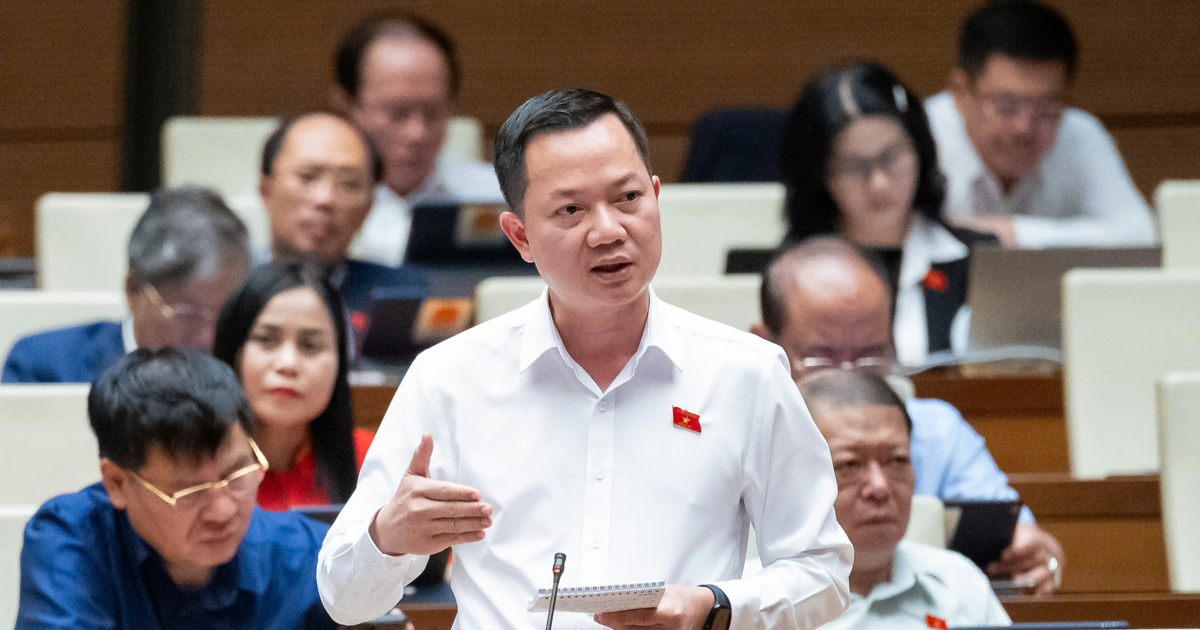

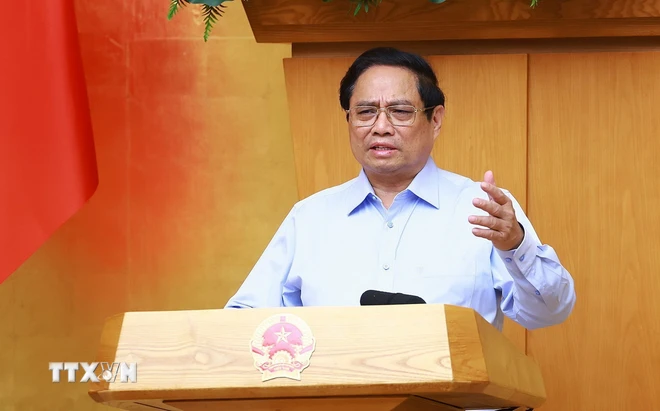












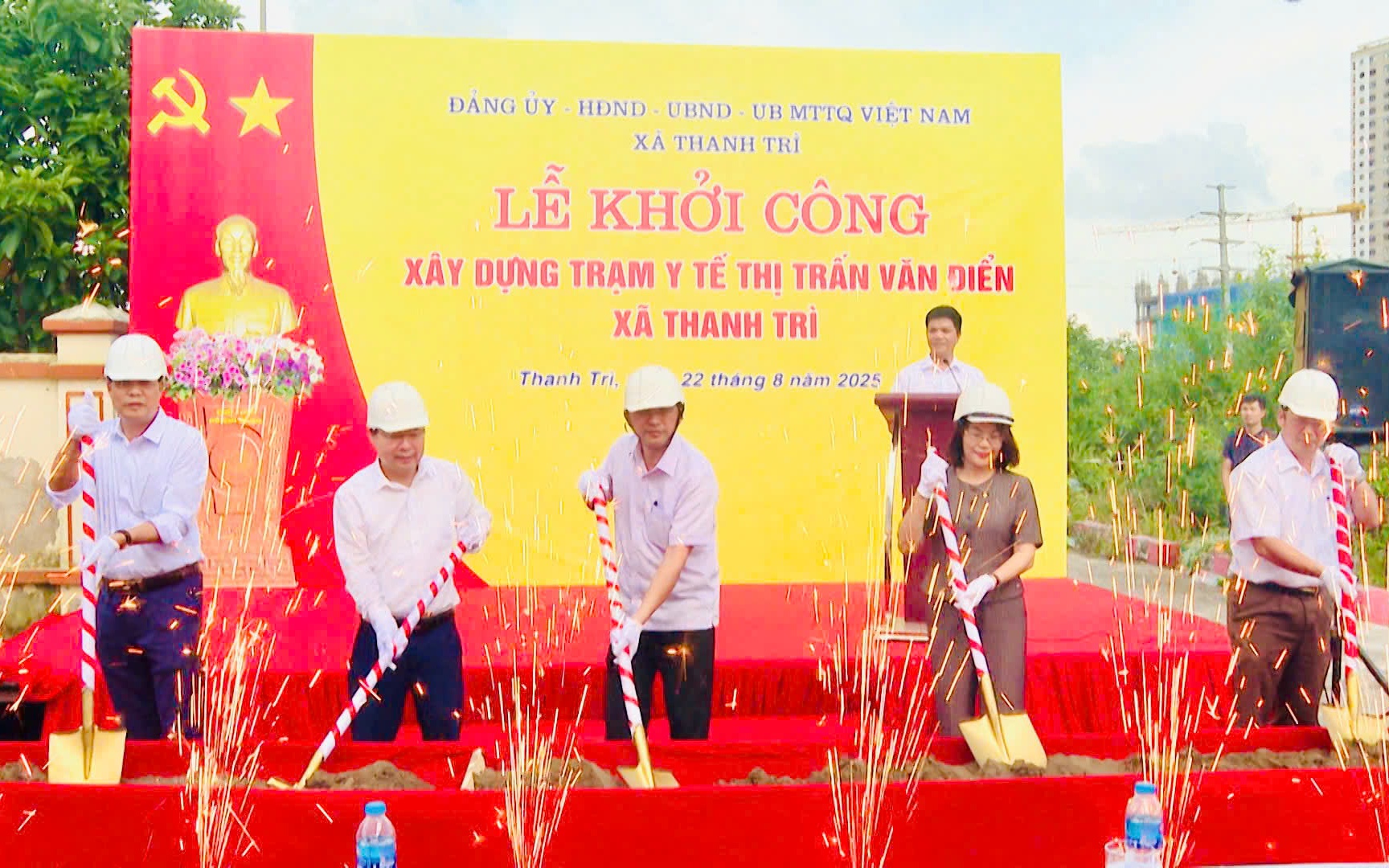

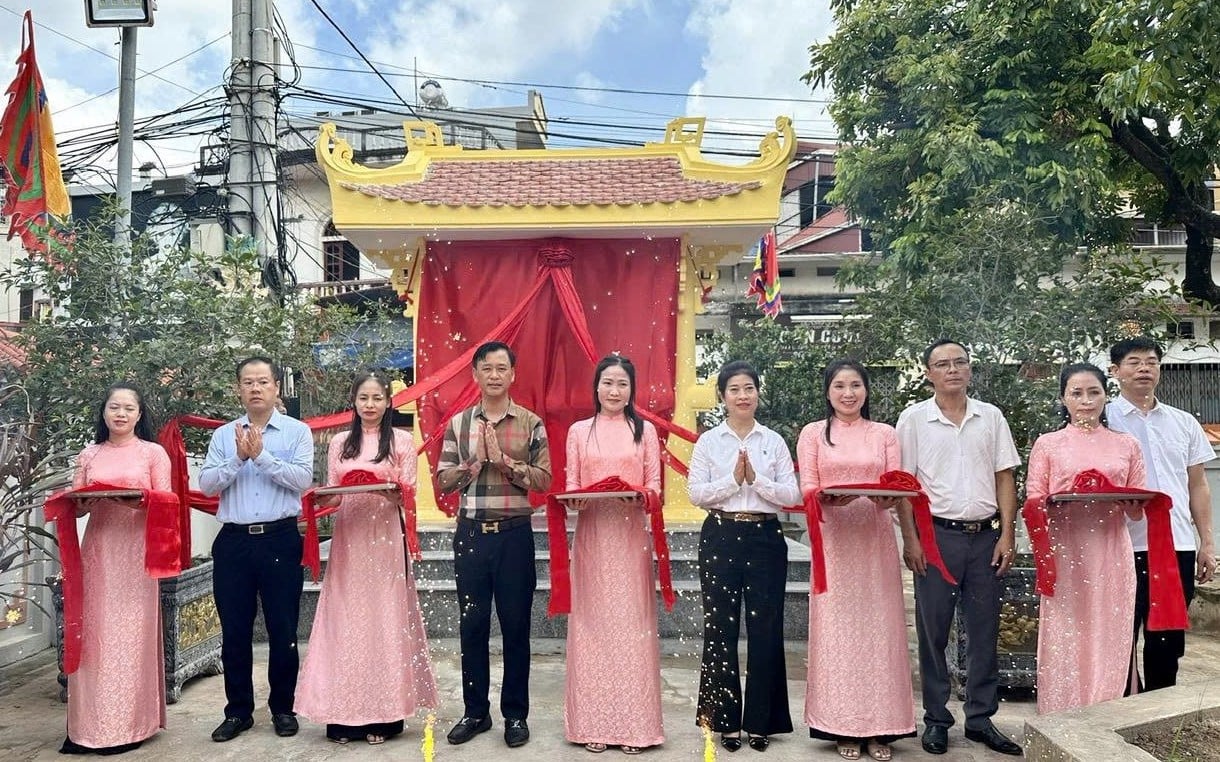


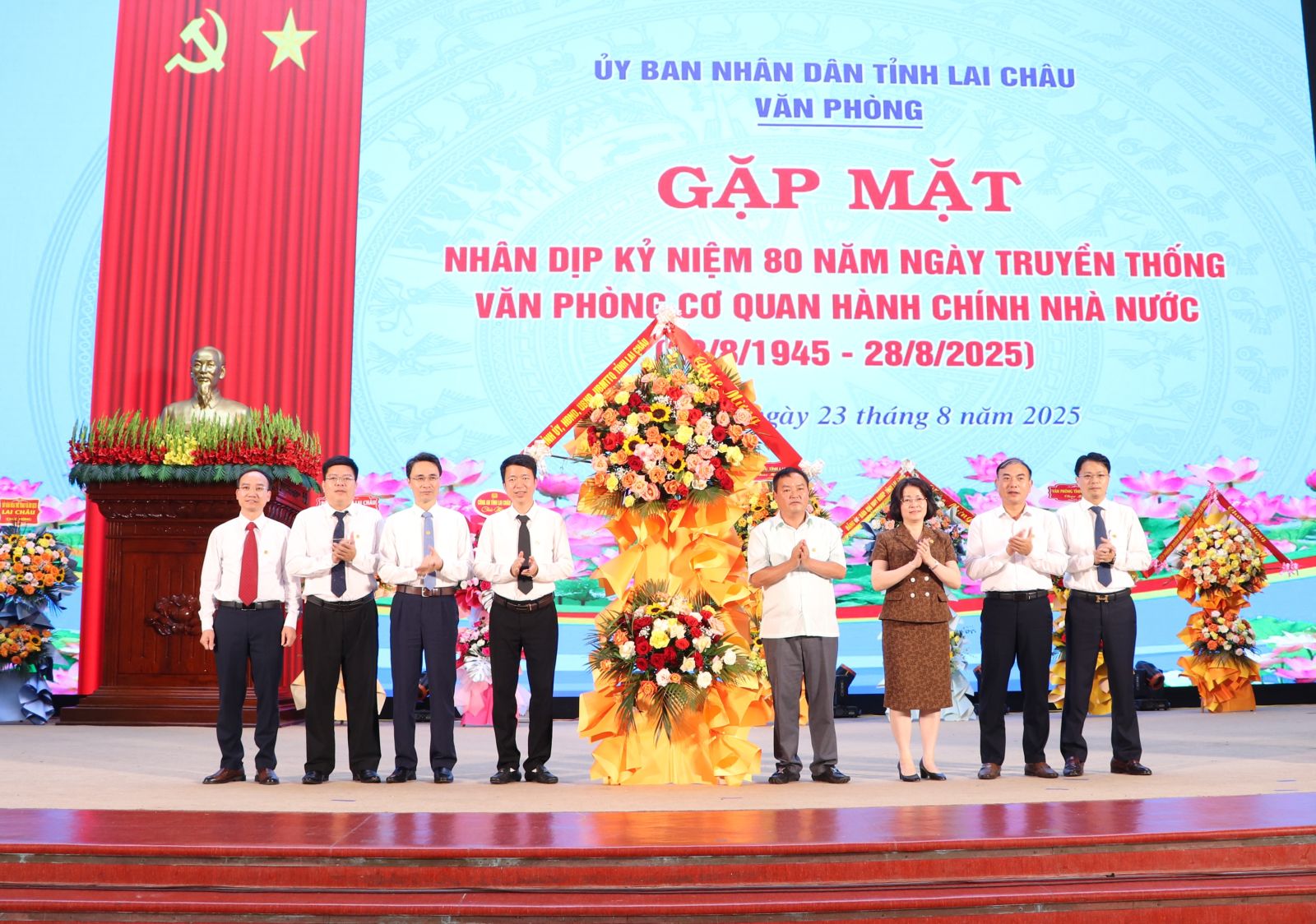














































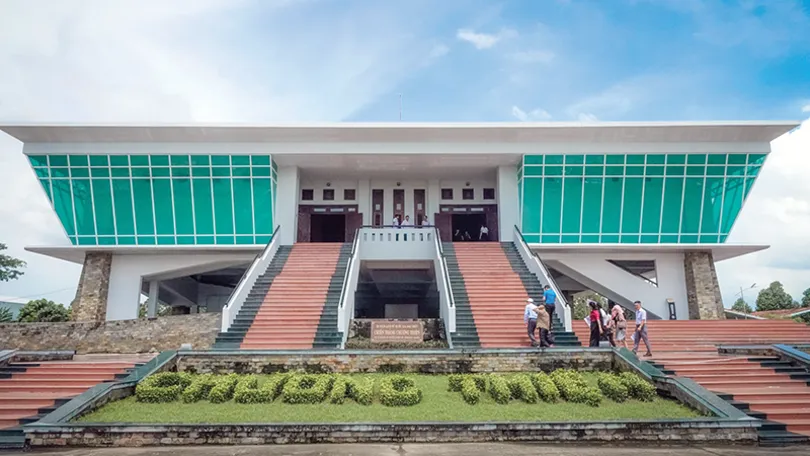



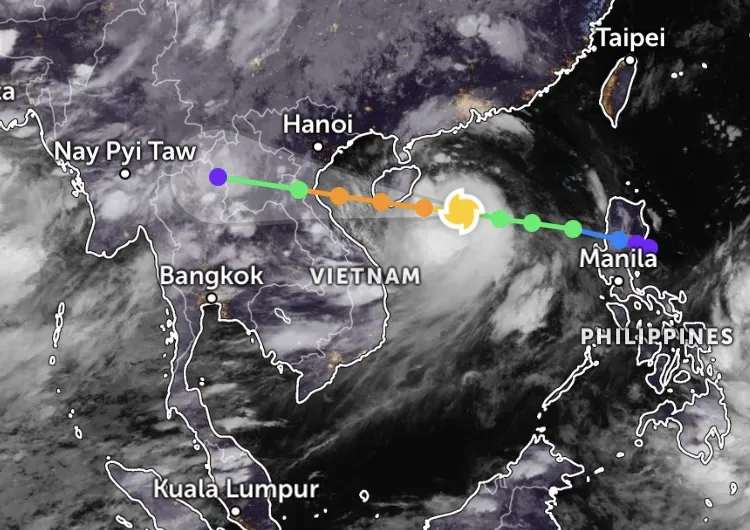
















Comment (0)